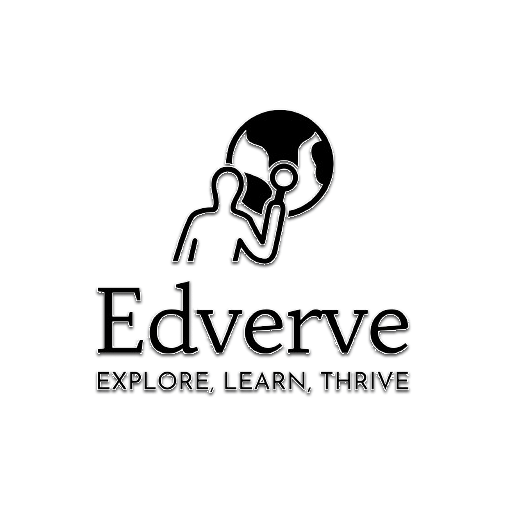

Introduction to Go (Golang): Go, commonly referred to as Golang, is a statically typed, compiled programming language designed by Google. It is known for its simplicity, efficiency, and built-in support for concurrency, making it an excellent choice for developing scalable and high-performance software systems. Go features a fast and efficient compiler that produces statically linked binaries, allowing for quick compilation and easy deployment of applications across different platforms without external dependencies. Additionally, Go comes with a comprehensive standard library that provides support for essential functionality such as networking, file I/O, cryptography, and web development. Its built-in concurrency primitives, such as goroutines and channels, enable developers to write concurrent programs with ease, facilitating efficient parallelism and scalable solutions. With static typing and safety features, Go promotes robust and maintainable code, making it a popular choice for a wide range of applications.
Requirements for Learning Go (Golang): To start learning Go (Golang), you'll need access to a computer with internet connectivity. An up-to-date web browser is essential for accessing online resources and tutorials. You'll also require a text editor or integrated development environment (IDE) for writing Go code efficiently. While prior programming experience is beneficial, it's not mandatory. Basic understanding of programming concepts such as variables, data types, control structures, and functions is recommended. Additionally, having access to online resources and tutorials for additional learning and reference, along with dedicating time and effort to practice coding and reinforce learning through hands-on projects, will greatly aid in mastering Go (Golang) and embarking on a successful journey in software development.
Opportunities in High-Demand Fields: Go (Golang) is widely used in industries such as cloud computing, networking, and microservices architecture. By learning Go, you position yourself for opportunities in these high-demand fields, where skilled Go developers are sought after by tech companies, startups, and enterprises.
Efficient and Scalable Solutions: Go's simplicity, efficiency, and built-in support for concurrency make it ideal for building efficient and scalable software solutions. Mastery of Go allows you to develop robust applications that can handle high loads and scale seamlessly, enhancing your value as a software engineer.
Competitive Edge: As Go continues to gain popularity in the industry, professionals with Go expertise have a competitive edge in the job market. By adding Go to your skillset, you differentiate yourself from other candidates and increase your chances of landing rewarding opportunities with competitive salaries.
Community and Networking: Joining the Go community provides access to valuable resources, networking opportunities, and collaboration with like-minded professionals. Engaging with the Go community allows you to stay updated on industry trends, expand your knowledge, and build connections that can further your career.
Career Growth and Advancement: Learning Go opens doors to career growth and advancement opportunities. Whether you're aiming for roles in software development, DevOps, cloud engineering, or system architecture, Go proficiency equips you with the skills needed to excel in dynamic and evolving tech environments.
Certainly! "Yes, you can enroll in individual courses without committing to a full program. Explore our diverse course offerings today!"
You can enroll in individual courses without committing to the entire Specialization.
Refund policies vary; typically, refunds are available within a specified timeframe after enrollment, subject to certain conditions.
Prerequisites vary by course. Some require specific knowledge, while others are suitable for beginners. Check individual course descriptions for details.
Course order requirements vary. Some allow flexibility, while others have a recommended sequence. Check individual course descriptions for guidance.
Practical Projects for Learning Go (Golang): Explore various practical projects to reinforce your understanding of Go's concepts and features. Develop a web application using Go's standard library and frameworks like Gorilla Mux or Gin, handle user authentication, and interact with databases. Create a command-line interface (CLI) tool for automating tasks or managing data, utilizing Go's flag package and external libraries. Experiment with Go's concurrency features by implementing demonstrations such as a concurrent web scraper or a chat server with real-time messaging. Dive into data processing projects by building applications for analyzing CSV or JSON files efficiently. Lastly, develop networked applications like a TCP/IP chat server or a simple HTTP server to deepen your understanding of networking concepts in Go.
